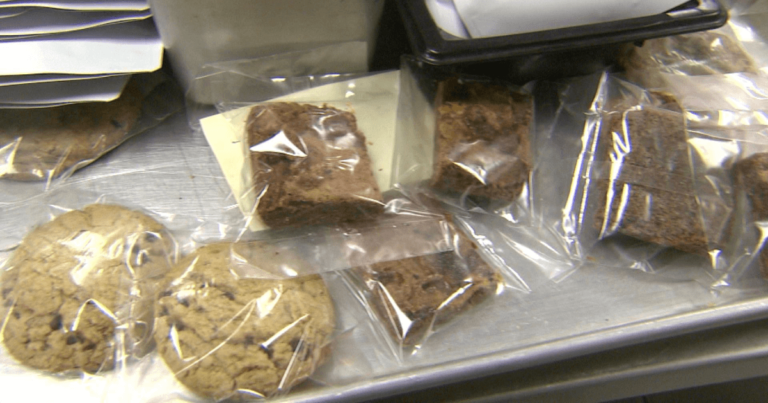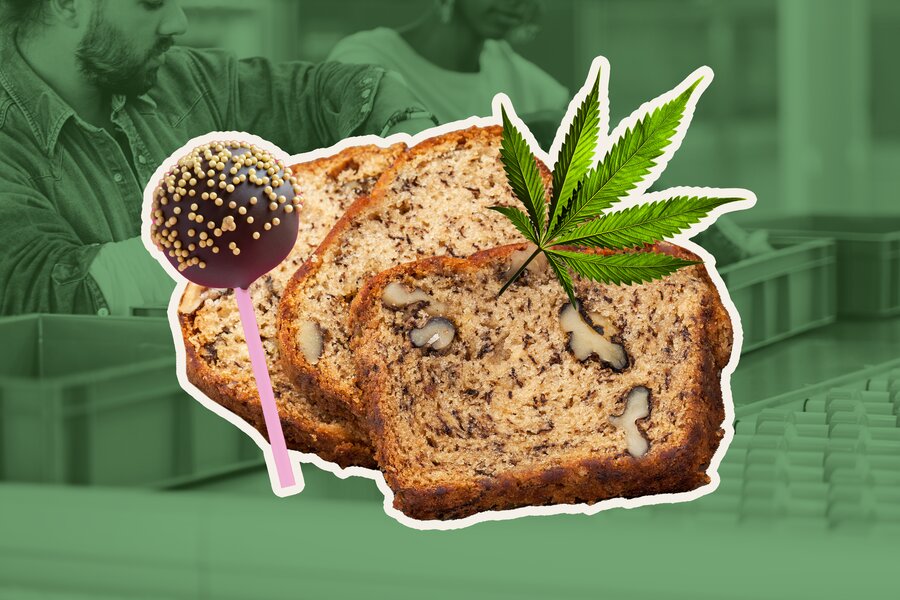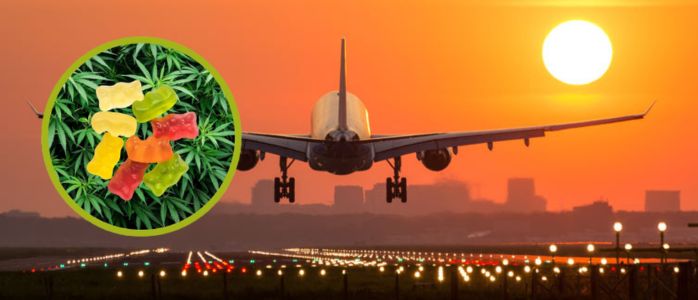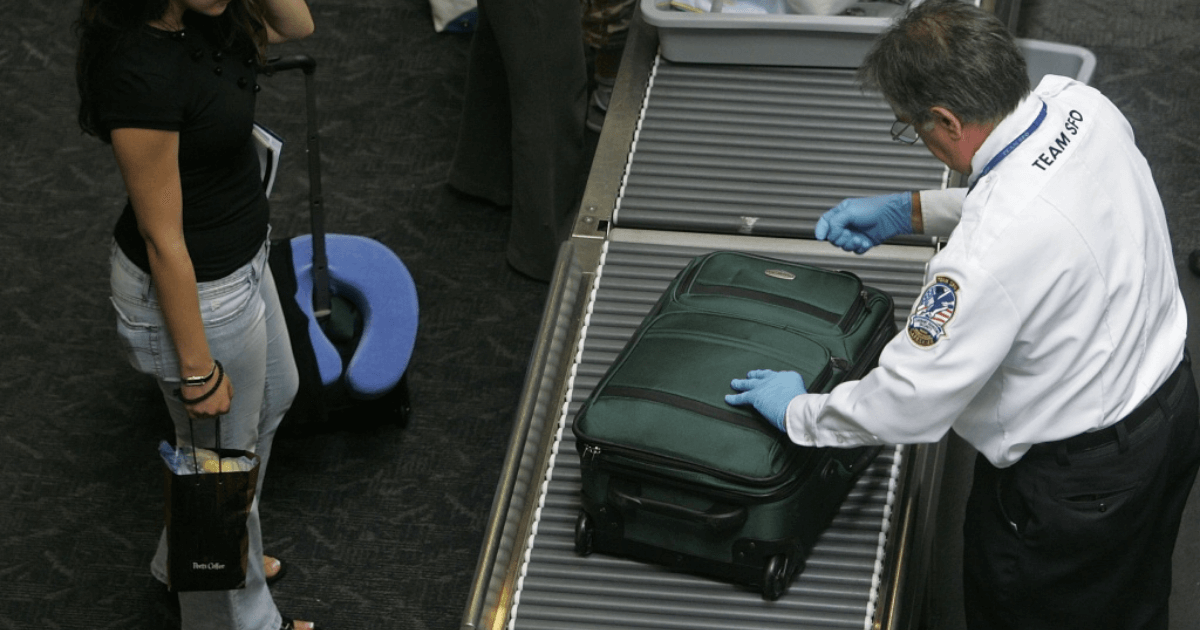Can I Bring Edibles On A Plane
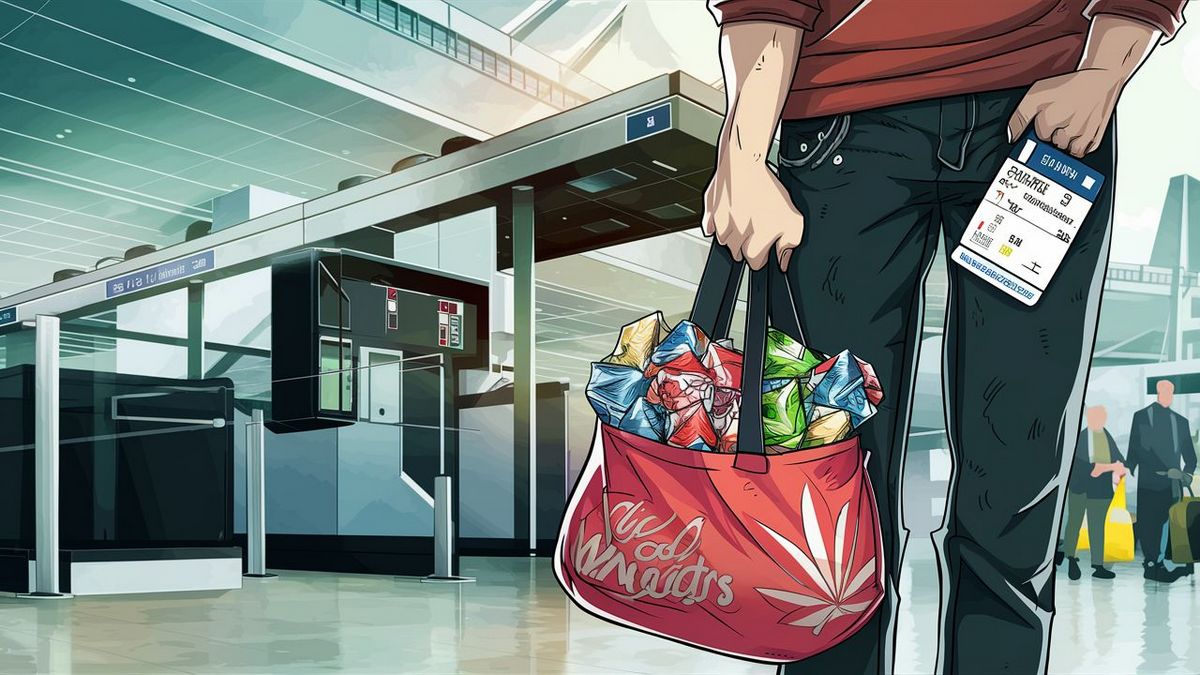
The scent of freshly brewed coffee mingled with the excited chatter of families embarking on vacation. A young woman, Sarah, double-checked her carry-on, a nervous flutter in her stomach. Tucked inside, nestled between a well-worn novel and a pair of fuzzy socks, were a few discreetly packaged edibles – a small stash for managing anxiety on her long flight. The question gnawed at her: Can I really bring these on a plane?
The legality of traveling with edibles is a complex and evolving issue, influenced by a patchwork of federal and state laws. While the Transportation Security Administration (TSA) focuses primarily on security threats, the presence of edibles can trigger legal consequences depending on the departure and arrival locations, as well as the specific regulations of the airline and any international destinations.
Understanding the Legal Landscape
To understand the complexities, let's first delve into the current legal status of cannabis in the United States. Despite the growing number of states that have legalized marijuana for medical or recreational use, at the federal level, cannabis remains classified as a Schedule I controlled substance.
This classification, under the Controlled Substances Act, deems marijuana as having a high potential for abuse and no accepted medical use, putting it in the same category as heroin. This federal prohibition creates a direct conflict with state laws, setting the stage for the ongoing debate surrounding cannabis and its transportation.
TSA's Stance: Security vs. Legality
The TSA's primary mission is to ensure the safety and security of passengers and transportation systems. Their official stance on edibles and other cannabis-infused products is outlined on their website. It states they are not actively searching for marijuana or other illegal drugs.
However, if TSA officers discover edibles during the screening process, they are required to report it to law enforcement.
"TSA’s screening procedures are focused on security and are designed to detect potential threats to aviation and passengers. Accordingly, TSA security officers do not search for marijuana or other illegal drugs, but if any illegal substance is discovered during security screening, TSA will refer the matter to law enforcement," according to the TSA's official website.This referral can lead to legal consequences, depending on the applicable state or local laws.
State vs. Federal Law: A Tangled Web
The conflict between state and federal law is where the confusion truly lies. In states where cannabis is legal, possession of small amounts of edibles might not result in local charges. However, the federal law still applies in airports, as they are under federal jurisdiction. Traveling between two states where cannabis is legal doesn't automatically guarantee immunity from prosecution.
For instance, if Sarah were flying from Denver, Colorado, to Los Angeles, California – both states with legal recreational marijuana – she might assume she's in the clear. But technically, transporting edibles across state lines violates federal law, regardless of the legality in the originating and destination states. This nuance is critical for travelers to understand.
Navigating the Gray Areas
Given the legal uncertainties, what are the practical considerations for individuals contemplating traveling with edibles? Here are some key points:
- Check State and Local Laws: Before your trip, thoroughly research the marijuana laws of both your departure and arrival locations. Different states have varying regulations concerning possession limits, types of products allowed, and medical marijuana reciprocity.
- Discretion is Key: Even in legal states, it's advisable to transport edibles in their original packaging, clearly labeled. Avoid opening or consuming them in public areas, especially within the airport.
- Consider Alternatives: If you're concerned about the legal risks, explore alternative options for managing anxiety or other conditions, such as prescribed medications or natural remedies.
- Medical Marijuana Cards: If you have a medical marijuana card, be aware that reciprocity laws vary. Some states recognize out-of-state cards, while others don't. Carry your card and relevant documentation, but don't assume it provides complete protection from prosecution.
The Risks and Consequences
The potential consequences of traveling with edibles can range from minor inconveniences to serious legal repercussions. If discovered by TSA, the edibles could be confiscated, and you could be subject to questioning by law enforcement.
Depending on the state and the amount of edibles involved, you could face charges for possession, drug trafficking, or other related offenses. These charges can result in fines, jail time, and a criminal record, which can have lasting impacts on your future opportunities.
Furthermore, even if you're not formally charged, the incident could delay or disrupt your travel plans, causing stress and financial losses. It's crucial to weigh these risks carefully before making the decision to bring edibles on a plane.
Airlines' Policies
While the legal aspect is primary, airlines also have their own policies regarding cannabis products. Most airlines adhere to federal law, prohibiting the transportation of marijuana in any form. Violation of these policies could result in being denied boarding, having your ticket revoked, or being banned from future flights with that airline.
Anecdotal Evidence and Real-Life Experiences
Online forums and travel blogs are filled with anecdotal stories of people who have successfully and unsuccessfully traveled with edibles. Some report breezing through security without any issues, while others recount encounters with law enforcement and the confiscation of their products.
These stories highlight the unpredictable nature of the situation and the importance of being prepared for any outcome. It's important to remember that individual experiences don't guarantee a particular result, as the enforcement of cannabis laws can vary depending on the airport, the TSA officer, and the prevailing local attitudes.
Looking Ahead: The Future of Cannabis Travel
As cannabis laws continue to evolve, the landscape of traveling with edibles is likely to change as well. The potential for federal legalization could eventually simplify the regulations and eliminate the current conflicts between state and federal laws. However, until then, travelers must navigate the complexities and uncertainties with caution.
Advocates for cannabis reform are pushing for clearer guidelines and regulations regarding travel. This could involve establishing standardized rules for transporting medical marijuana across state lines, or implementing a system for verifying medical marijuana cards at airports. These changes would provide greater clarity and reduce the risks for individuals who rely on cannabis for medical purposes.
Conclusion: A Personal Decision
Ultimately, the decision of whether or not to bring edibles on a plane is a personal one, weighing the potential benefits against the inherent risks. For Sarah, understanding the intricate web of laws and policies helped her decide against taking the edibles on the flight.
She opted for alternative methods to manage her anxiety during the journey. Traveling with peace of mind, she knew, was worth more than the temporary relief the edibles might have provided. The key takeaway is to stay informed, understand the risks, and prioritize compliance with the law.


